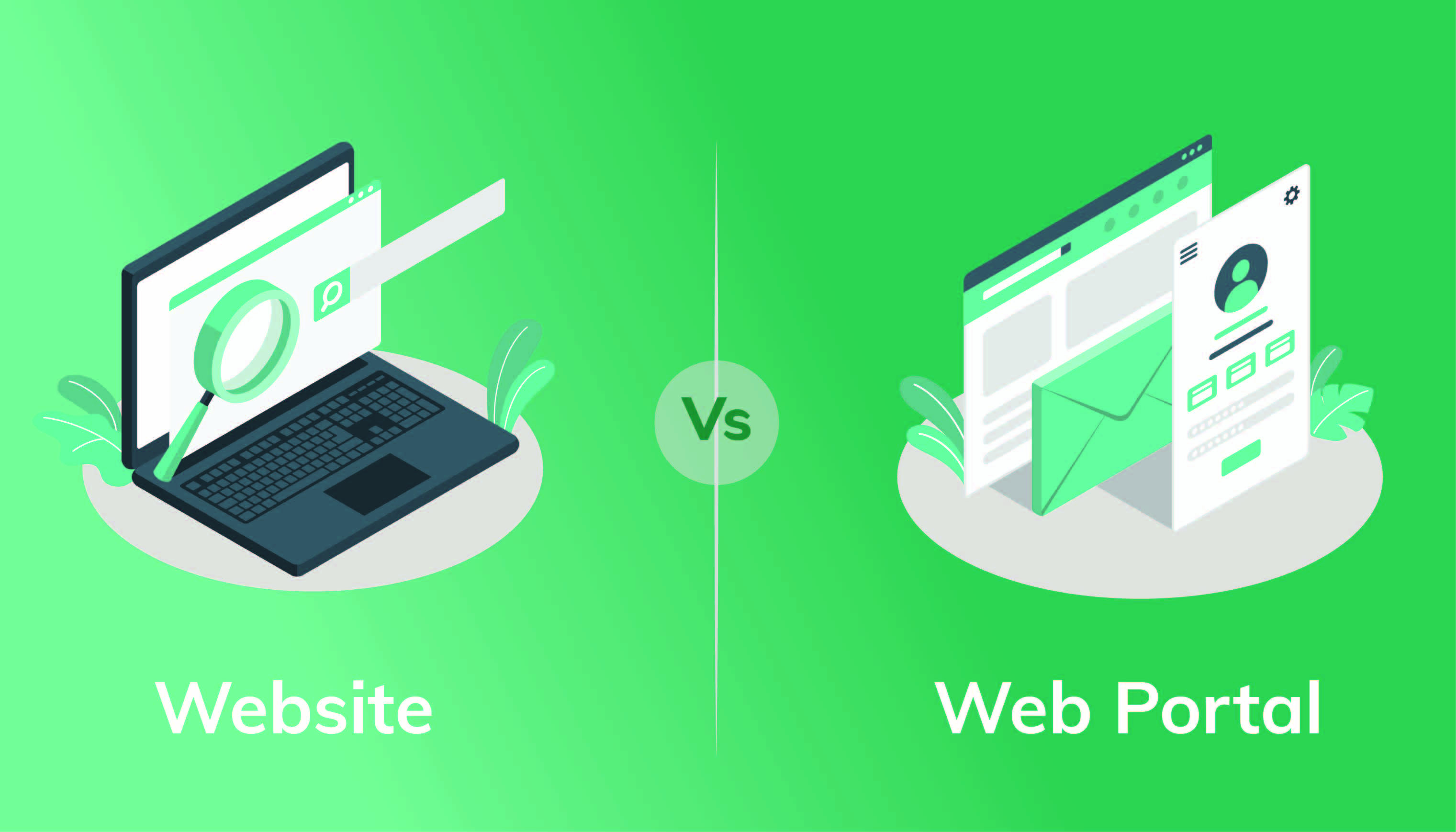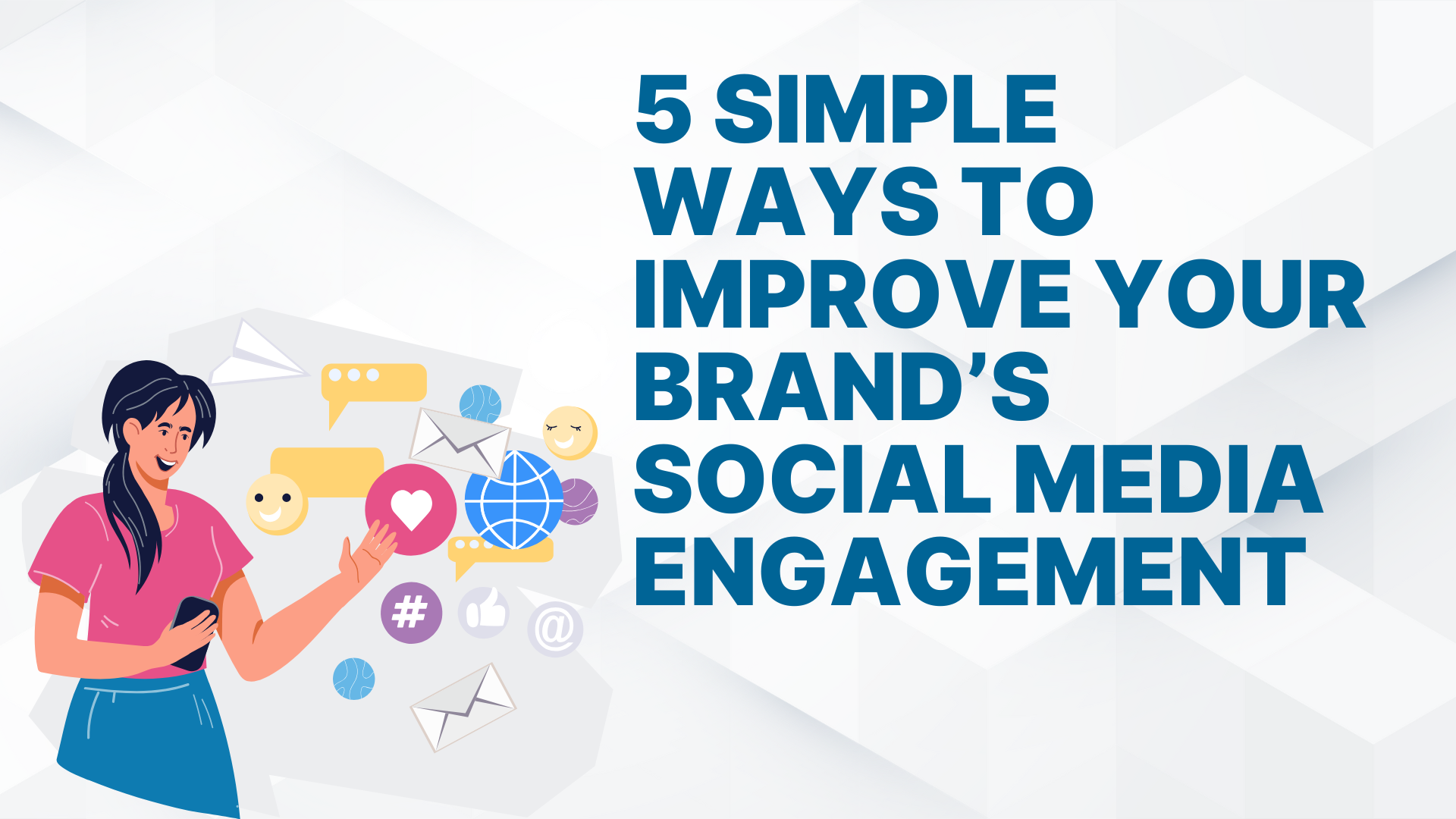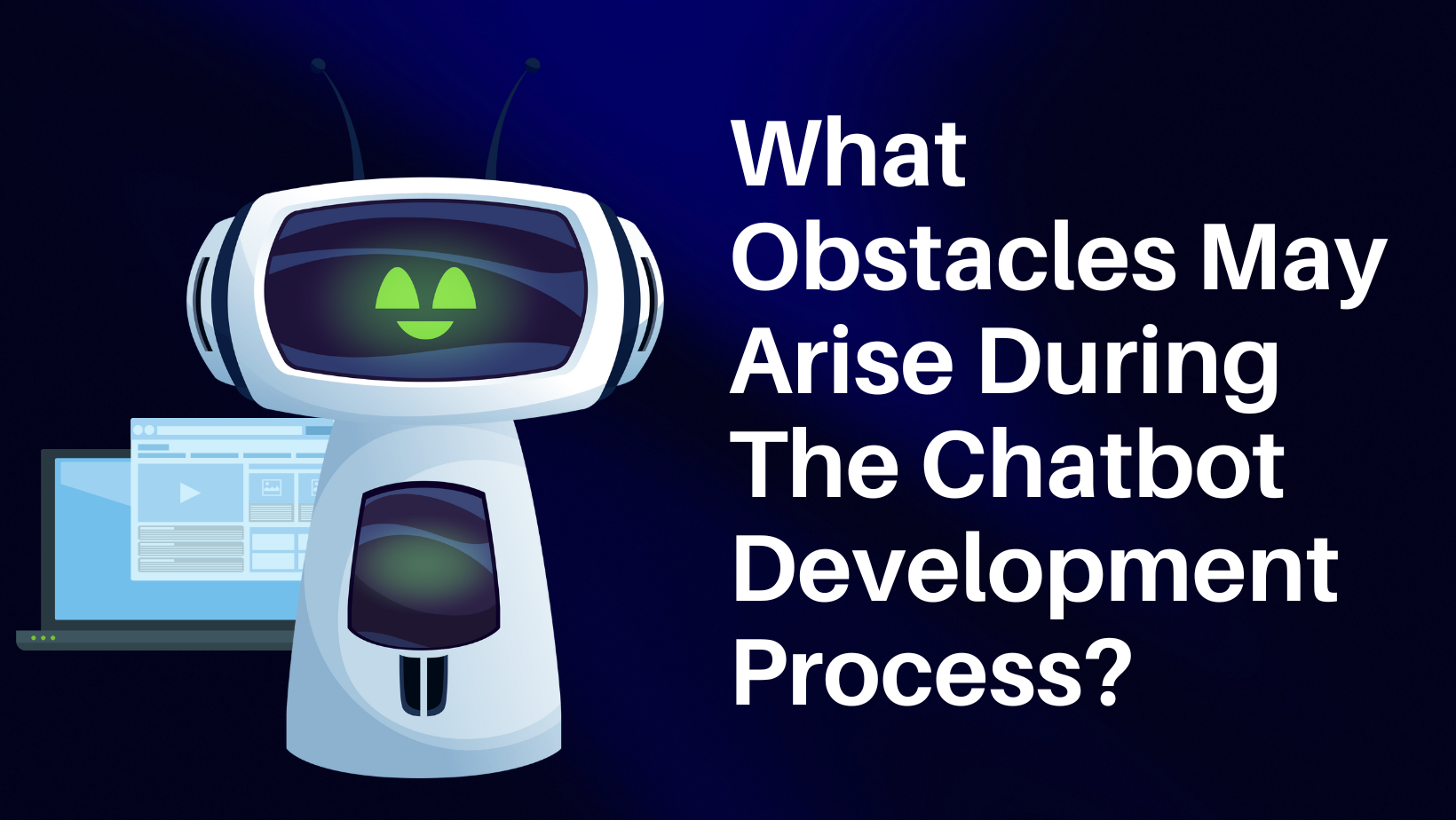Generally, businesses often came over a stumbling block when deciding what type of web presence to select. You can either choose a website or web portal according to your interest. People are confused between websites and web portals, as both are perfect platforms, but used for different purposes. Both are different terms but, interlinked, as both, websites and web portals, are web-based. Websites are used to reach a large number of potential audiences and on the other hand, web portals limit the number of users. A website is a location on the internet that is accessed through a web browser using a specific URL. Portals are also accessed through a web browser, but the content is user-specific. In this article, we are going to see in detail what web portals and websites are and how they are different.
Website vs Web portal
A website is a digital address of any business in the digital medium, but a web portal is user-centric, i.e. users come to these portals to get specific information or data. If you see normally, both words seem similar but they have an entirely different meaning. Let us first understand the meaning of websites and web portals, individually, and then discuss the differences between these two.
A Website
The website helps businesses to show their intentions and objectives in front of millions of people. It is the best tool to mark an online presence. In our daily life, we use a number of websites for a variety of reasons including shopping, making online payments, and searching for any type of information. They are the collection of web pages that helps entrepreneurs to reach their target users and boost their online revenue. The web page is a hypertext document connected to the World Wide Web. It can be displayed on web browsers including Firefox, Internet Explorer, Edge, Safari, Opera, and others.
Functions of Websites:
-
Tell Your Story: A website gives you the capacity to show your audience about your brand’s services and products.
-
Answer FAQs: Websites help you to help you resolve questions asked by new clients. This will help you to attract a better client force.
-
Provide Clear Contact Details: The contact us page on your website lets your clients know details about several ways to contact you like your email address, your office address, phone number, etc.
-
Build Credibility: Build your website with a lot of professional edges, functions, choose themes, let your websites say it all about your services, your policies, and more.
-
Expand Your Client Base: With the help of an SEO friendly website, you can strengthen your business visibility.
-
Languages And Frameworks Used In Developing Websites: some of the commonly used languages are Ruby, Python, PHP, and CSS.
A Web Portal
A web portal is a perfect gateway to the World Wide Web that provide services. It is more like a management system, where organizations can create, share, interchange data which can be reused later. It is a specially designed website that provides information gathered from various sources including online forums, emails, and search engines. Web portals are private locations on the internet that can only be accessed through their URLs, and users need to enter their login IDs and passwords. It is a customized library that helps in navigation and personalization of notifications. Portal is a web-based application created to provide a specific kind of service to a specific community. These portals have dynamic content that changes whenever the user visits the content.
Functions of Web Portal
-
Upgrading Your Website: Web Portal development assists you in boosting the capability of the web pages that help you deliver good quality information.
-
Improves Relations Immensely: It helps in improving the relationship between the company and customers by offering high-end information on a user-friendly platform.
-
Domain-Specific: Domain-Specific development of web portals attracts users that seek information and services on that domain.
-
Interaction: When done perfectly, web portal design services let you interact better with customers and clients.
-
Languages And Frameworks Used In Developing Web Portals: Some of the frameworks used in developing web portals are React, Laravel, React.JS, Ruby on Rails, and CakePHP.
Different Aspects Of A Website And A Web Portal
Both websites and web portals are different and can be differentiated in various aspects.
-
A website focuses on attracting more users, a web portal is for specific users.
-
A website does not ask for a login ID and password from the visitors, but in a web portal, it asks for login credentials to access it. These login credentials are user-specific.
-
A website is easily accessed by anyone on the internet, on the other hand, a web portal is privately accessible.
-
The content on a website can either be static or dynamic, while in web portals, the content is dynamic.
Conclusion
Both websites and web portals have their advantages and based on your requirements you can choose the best one among them. We hope this article on the website vs web portal can help you to understand the difference between websites and web portals. You can hire web developers from a website development company, as they can help you with web-based application development.

















Post Comments